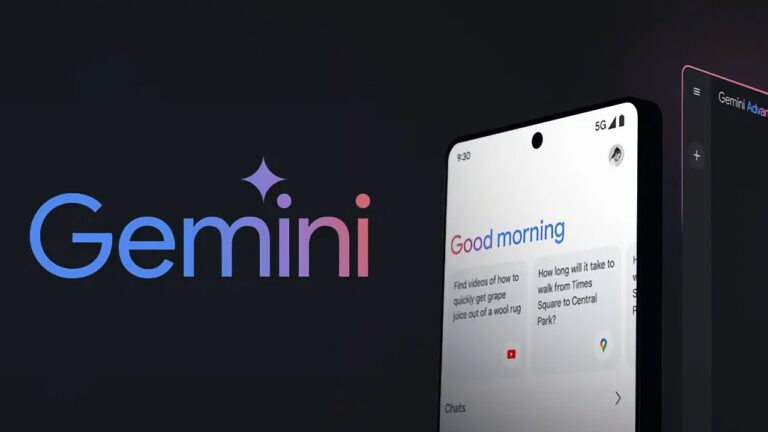
Audience
- Sentiment: Neutral
- Political Group: N/A
- Age Group: 18-34
- Gender: Male
Overview
- The PlayStation Network experienced a significant outage disrupting service for gamers, especially during crucial gaming events.
- Sony apologized and offered PlayStation Plus members an additional 5 days of service as a goodwill gesture.
- The situation highlighted the importance of community communication and having backup plans during outages.
PlayStation Network Outage Resolved: What Happened and Why It Matters
If you’re a gamer, you know that feeling when you’re all set to dive into your favorite game, maybe with friends, only to find out that you can’t log in because of an outage. That’s exactly what happened to players on one recent Friday evening when the PlayStation Network (PSN) went down for several hours. Let’s unpack what happened, what caused the outage, and what it means for gamers everywhere.
What Happened?
The PlayStation Network is an online service that connects millions of gamers, allowing us to play games, download updates, and, importantly, connect with our friends. On that fateful Friday evening, PSN experienced a significant outage that disrupted service for many users. Gamers faced issues not only with the network itself but also with popular games like Fortnite, Call of Duty, and Grand Theft Auto.
Imagine this: you’ve been looking forward to the weekend all week. You’ve got your snacks ready, your console is powered on, and you’re ready to crush some opponents in Call of Duty during its double XP event, or maybe you’re excited to try out the free beta for Monster Hunter Wilds. But when it’s time to play, you’re greeted with error messages and endless loading screens instead. Frustrating, right? That’s what many players experienced.
The Impact of the Outage
What makes this outage even more frustrating is that it happened during a big weekend for gaming. Major events like double XP weekends or beta tests are golden opportunities for gamers. They allow us to level up faster, earn extra rewards, and experience new content before anyone else. With PSN down, many players were left feeling stranded.
Well-known games like Fortnite and Call of Duty have huge communities, with millions of players logging in daily. For gamers who rely on these networks to connect with their friends or join competitive matches, this outage felt like being locked out of a party you had planned to enjoy. It’s not just about playing a game; it’s about the social experience that comes with it.
Why Did This Happen?
You might be wondering, “What caused this outage in the first place?” Unfortunately, Sony, the company behind PlayStation, hasn’t disclosed the exact cause of the disruption. Sometimes these outages happen due to technical problems, server overload, or even maintenance work that wasn’t communicated well to users. These things can occur without warning and can affect even the most reliable networks.
Often, these types of events are just a reminder of how dependent we are on technology. We rely on these platforms to access not just games, but also our saved data, friends lists, and even content we’ve purchased. When it goes down, it’s like having our gaming world come to a halt.
Company Response and What It Means for You
In light of the outage, PlayStation quickly made a statement. They apologized to the gaming community for the inconvenience caused and thanked everyone for their patience. Moreover, as a gesture of goodwill, they offered all PlayStation Plus members an extra 5 days of service. This is a nice way to say sorry and to make up for the downtime experienced by players. It shows that they value their community and recognize how much these interruptions can impact our gaming lives.
For those who are not familiar, PlayStation Plus is a subscription service that offers various perks to members, including free games, exclusive discounts, and access to online multiplayer gameplay. So, getting an additional 5 days of service is a bonus that helps to ease some of the frustration caused by the outage.
Lessons Learned
This situation teaches us several important lessons as gamers. Firstly, it’s a reminder of the importance of having a backup plan. What happens when your main game isn’t available? It could be a good idea to have a few single-player games installed or even explore other platforms or activities, like reading a book, watching a movie, or trying out new hobbies. While online play is thrilling and social, there are plenty of offline games and activities that can still be quite entertaining!
Secondly, it emphasizes the importance of community communication. After the outage, many players took to social media, sharing their experiences and frustrations. This is something the gaming community does well—supporting one another and sharing tips and updates. If you’ve ever been stuck trying to troubleshoot a game issue, you might have found a gamer forum or group that helped out. Staying connected with fellow gamers is key, especially during outages.
Lastly, while we can’t control when technology decides to glitch, we can control our reactions to it. Getting angry or frustrated is natural, especially if you were looking forward to gaming with friends. But sometimes, it’s better to take a step back, find another activity, and return to your game when everything is back up and running smoothly. It makes for a much more enjoyable gaming experience in the long run.
What’s Next for Gamers?
Now that the PlayStation Network is back in action, what should we expect? For many, it’s simply a return to the gaming grind, jumping back into the tournaments, completing quests, or leveling up characters. But it also opens the door for discussions about the need for reliable online services. As gaming technology continues to advance, keeping connections stable and effective is crucial. It’s vital that companies invest in their infrastructure to prevent outages from occurring in the first place.
As a community, gamers can also advocate for better communication from network providers. Being informed about potential outages or maintenance helps users prepare and adjust their gaming plans. Policies around how issues are communicated can greatly improve user experience and trust.
Conclusion
In conclusion, while the recent PlayStation Network outage was frustrating for many gamers, it also served as a valuable learning experience. We’ve reflected on how much we rely on these digital networks for our favorite hobbies. We’ve also touched on the notions of community and communication in gaming, and perhaps the importance of having other interests up our sleeves when technology lets us down.
What about you? How did you handle the PSN outage, and what do you think would improve communication and service in the gaming community? Were you able to find other ways to entertain yourself during the downtime? Share your thoughts in the comments below!






